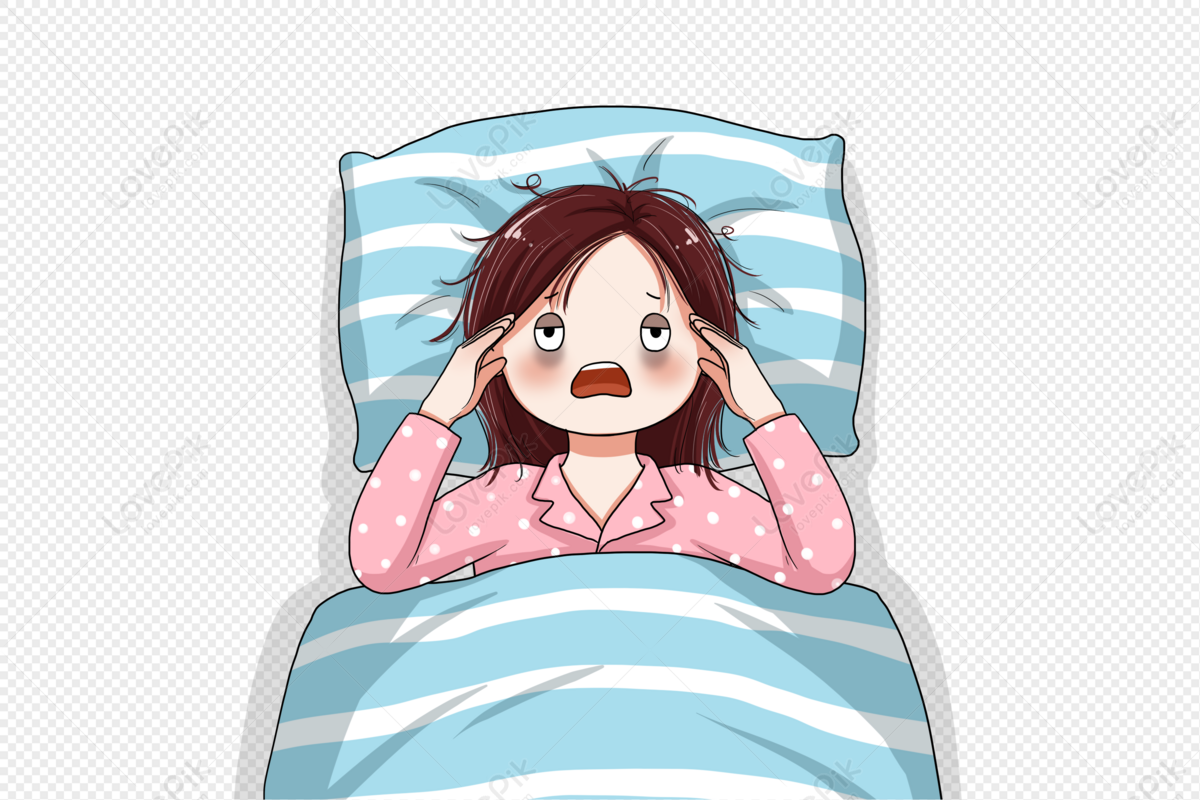As the conductor of our physical, mental, and emotional well-being in the symphony of life, sleep is essential. But sleeplessness, a disturbing discordance, ruins this nightly performance for a great number of people. Beyond the boundaries of sleep, insomnia has a lasting effect on day-to-day functioning in a variety of domains. The effects of insomnia extend far beyond the confines of the bedroom, including strained relationships, poor job performance, and mood and cognitive impairment.
The Pernicious Hold of Sleeplessness:
A common sleep disorder that affects millions of people worldwide is insomnia, which is defined by trouble falling asleep, staying asleep, or waking up too early and not being able to go back to sleep. A common thread of sleep disruption weaves its way through everyday life, causing a trail of effects even though individual manifestations may vary.
Cognitive Consequences:
The effect of insomnia on cognitive performance is one of the most noticeable and immediate side effects. The brain uses sleep as a vital time for rest and repair, which helps with functions including learning, memory consolidation, and problem-solving. When we don't get enough restorative sleep, our cognitive capacities deteriorate, which might result in:
Impaired Concentration and Attention:
People who suffer from insomnia frequently find it difficult to stay focused and pay attention to tasks, which has a negative impact on their productivity and efficiency in both work and school environments.
Memory Deficits:
Sleep is essential for integrating newly learned information throughout the day and for solidifying memories. This process is interfered with by insomnia, which affects recall of both short- and long-term memories.
Decreased Cognitive Flexibility:
Lack of sleep reduces one's ability to adjust to changing conditions and come up with original solutions to issues. This mental rigidity can impede creativity and problem-solving.
Emotional Turmoil:
In addition to its negative effects on cognition, insomnia has a significant emotional impact on people, making them more susceptible to mood swings and aggravating pre-existing mental health issues. As insomnia worsens, the close connection between sleep and emotions becomes more evident.
Elevated Stress and Anxiety:
The constant cycle of insomnia leads to elevated stress and anxiety, which intensifies the body's and mind's reactions to common stresses. This can lead to a vicious cycle of distress where the feeling of overload that follows can exacerbate sleeplessness.
Dysregulated Mood:
Sleep disorders throw off the careful equilibrium of neurotransmitters, such dopamine and serotonin, that control mood. People may consequently exhibit increased irritation, mood fluctuations, and an overall feeling of emotional dysregulation.
Increased Risk of Depression:
Sleep disorders can lead to the onset and worsening of depressive symptoms. They can also be a symptom of depression. In the lack of sound sleep, feelings of exhaustion, helplessness, and despair intensify and deepen the pit of depression.
Occupational Impairment:
The effects of insomnia don't just happen at home; they also affect the workplace and make it harder for people to do their jobs well. People who don't get enough sleep frequently struggle with a variety of issues that impair their capacity to function at their best, such as:
Reduced Productivity:
Insomnia causes slowness, mistakes, and poor judgment at work, which erodes productivity. With no sleep, tasks that were once manageable turn become overwhelming challenges.
Impaired Decision-Making:
Lack of sleep affects executive functioning, which makes it harder to prioritize tasks and make wise judgments. In the workplace, this can have serious repercussions, such as missing deadlines and making bad decisions.
Increased Absenteeism:
Persistent sleeplessness is linked to greater rates of presenteeism, or showing up for work but not being able to provide your best effort. This affects not just individual productivity but also the dynamics and morale of the workplace.
Relationships:
Sleep problems can cause strain in relationships with loved ones and jeopardize social functioning. These are just a few of the interpersonal relationships that are affected by insomnia. Sleeplessness has a negative impact on relationships in a number of ways, such as:
Communication breakdown:
Lack of sleep can affect one's ability to communicate, which can result in miscommunications, disputes, and tension amongst people. Disagreements can be made worse by tiredness and impatience, which can start a downward spiral in relationships.
Reduced Emotional Availability:
People who don't get enough sleep may find it difficult to be emotionally present and sensitive to the needs of those they love, which can cause them to feel neglected or cut off. Over time, closeness and trust can be undermined by this lack of emotional reciprocity.
Social disengagement:
When people struggle to find the energy and enthusiasm to interact with others, insomnia can result in social disengagement and isolation. Withdrawing farther may intensify depressive symptoms and feelings of loneliness.
Seeking Relief:
Although insomnia can seem to have a crippling effect on day-to-day living, there is hope. People can restore the functioning and energy that insomnia threatens to take away by addressing the root causes of the condition and putting tailored therapies in place. A holistic approach to sleep health can lead to restful nights and energized days, ranging from lifestyle adjustments and stress management approaches to cognitive-behavioral therapy for insomnia (CBT-I).
In summary,
insomnia is more than just a sleep disorder; it is a ubiquitous force that affects many facets of everyday life and leaves a wake of relational, cognitive, emotional, and vocational difficulties. But even in the depths of insomnia, there is hope for the future—a fresh start driven by fortitude, tenacity, and the unyielding quest of restful sleep. Through recognition of the effects insomnia has on day-to-day functioning and proactive measures to treat the root causes, people can successfully negotiate the turbulent waters of sleep disturbance and come out of them stronger, more energetic, and more completely alive.





Comments